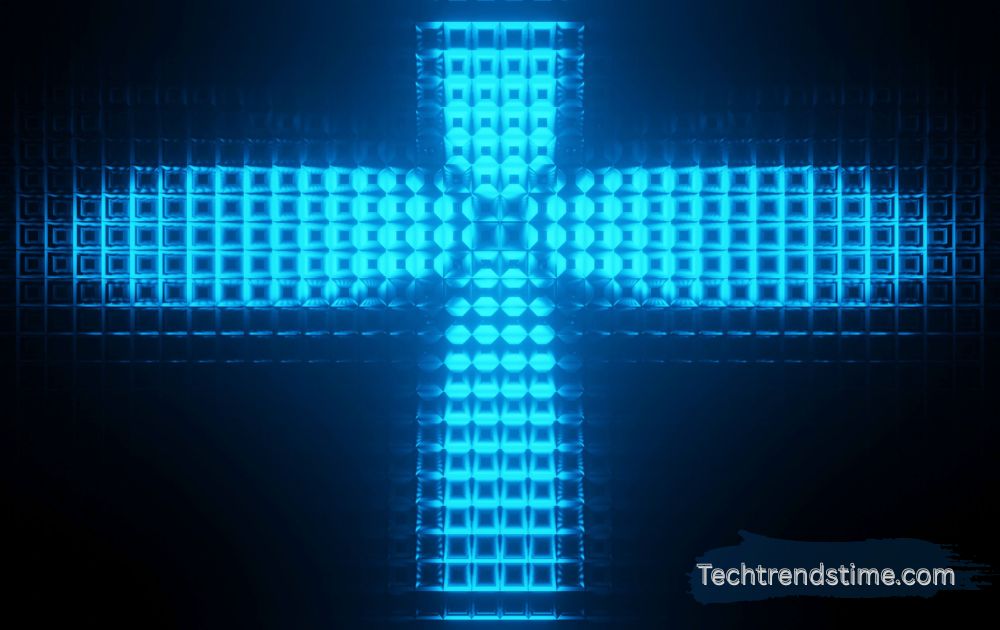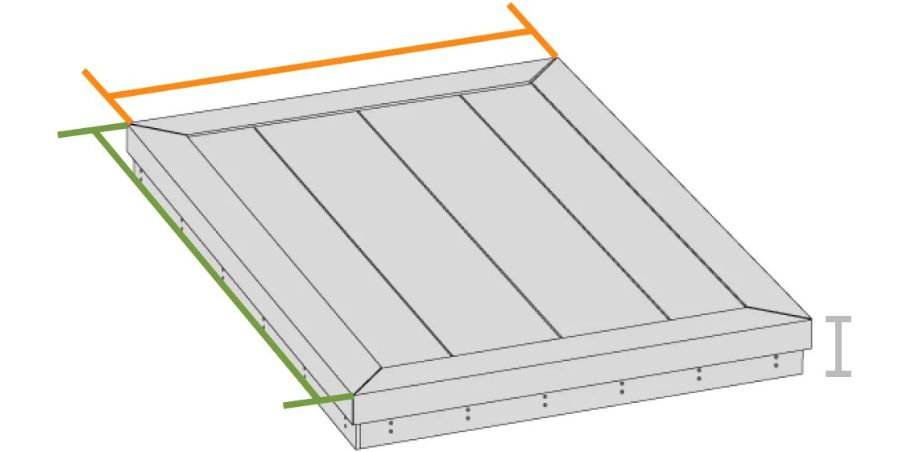Have you ever stumbled across a word that feels mysterious yet oddly familiar? Schedow is one of those words. While it may not be mainstream, it carries depth, symbolism, and meaning that spark curiosity. Let’s dive deep into the world of schedow and uncover its essence.
What is Schedow?
Definition and Core Meaning
Schedow is often linked to the concept of shadow a representation of hidden aspects, unseen realities, or contrasts between light and dark. While similar, it carries its own identity, hinting at something more nuanced than just a silhouette on the ground.
Origin of the Term
Though the exact linguistic roots are debated, schedow is thought to have evolved from variations of the word shadow. Over time, it has gained cultural and metaphorical weight, making it more than just a simple term.
The Symbolism of Schedow
Connection with Light and Darkness
Every shadow exists because of light. Similarly, schedow symbolizes the interplay between brightness and obscurity. It reminds us that one cannot exist without the other.
Psychological Interpretations
In psychology, schedow can be connected to the “shadow self” the hidden parts of our personality we often avoid acknowledging. It serves as a symbol of personal growth when confronted.
Schedow in Modern Usage
Digital Spaces and Branding
From software names to creative projects, schedow is often used in digital branding. Its mysterious aura makes it attractive for startups, tech products, and artistic ventures.
Everyday Conversations
While not common in casual speech, schedow can pop up in discussions about art, literature, or philosophy, often as a poetic synonym for depth or complexity.
Schedow in Literature and Art
Metaphorical Usage in Storytelling
Writers frequently use schedow to represent uncertainty, hidden truths, or moral struggles. Think of it as the backdrop that gives a narrative emotional weight.
Visual Representations in Art
In painting, photography, and digital design, schedow manifests through contrasts, creating mood, atmosphere, and emotion. Without it, art often feels flat and lifeless.
Philosophical Perspectives on Schedow
Duality of Existence
Schedow embodies the timeless idea of duality light versus dark, known versus unknown, self versus other. It’s a reminder that life is a dance of contrasts.
Balancing Visibility and Obscurity
Philosophers often use schedow as a metaphor for the tension between what we reveal and what we conceal. It represents balance, mystery, and authenticity.
Schedow in Technology
Applications in Software Names and Tools
Many apps, especially those in design or security, borrow terms like schedow to create a sense of intrigue. It gives technology a creative edge.
Use in Creative Design and Interfaces
In UX/UI design, schedow can symbolize the strategic use of dark themes, shading, and contrasts that improve user experiences.
Cultural Importance of Schedow
Eastern Traditions and Symbolism
In Eastern philosophies, darkness often represents depth and wisdom. Schedow resonates with the yin-yang principle, where shadow and light coexist harmoniously.
Western Interpretations
Western culture often ties schedow to mystery, secrecy, or even fear, making it a popular element in storytelling and gothic art.
Schedow in Personal Growth
Facing the “Shadow Self”
Carl Jung’s concept of the shadow self suggests that embracing our hidden traits leads to wholeness. Schedow symbolizes that inner journey.
Building Resilience
By learning from schedow, we realize that darkness isn’t always negative it can shape strength, empathy, and clarity.
Schedow and Creativity
Artists Drawing Inspiration from Contrast
Musicians, painters, and writers often draw from schedow’s themes, using it to highlight contrast and depth in their work.
Writers Using It to Symbolize Complexity
In stories, schedow often represents secrets, suspense, or transformation, keeping readers hooked.
Schedow in Daily Life
How It Affects Perception
From the way shadows dance on walls to how light plays with objects, schedow shapes how we perceive beauty and depth in our surroundings.
Practical Examples Around Us
Interior design, fashion, and even photography rely heavily on the schedow effect to create mood and dimension.
The Future of Schedow
Emerging Digital Trends
With the rise of VR, AR, and AI-generated visuals, schedow may find new life in digital landscapes where realism depends on shadows and contrasts.
Potential New Meanings
As language evolves, schedow may develop fresh interpretations tied to virtual identity, privacy, and even digital spirituality.
Why Schedow Resonates with People
Emotional Connections
Schedow touches the human heart because it reflects life’s hidden layers, helping us relate to both mystery and meaning.
Timeless Relevance
From ancient myths to futuristic designs, schedow continues to symbolize the balance between light and dark, making it universally relatable.
Common Misconceptions About Schedow
Misuse of the Term
Some mistake schedow as a typo for shadow. While related, its layered meaning makes it unique.
Clarifying Its Role
Schedow isn’t just about darkness it’s about contrast, growth, and depth.
FAQs About Schedow
Is schedow the same as shadow?
Not exactly. While they are related, schedow carries a more symbolic and metaphorical meaning.
Where is schedow commonly used?
It appears in literature, art, psychology, and even digital branding.
Can schedow have positive meanings?
Yes! It often symbolizes growth, depth, and balance rather than negativity.
How is schedow relevant to personal growth?
It represents the “shadow self,” encouraging us to accept hidden aspects of who we are.
Will schedow gain more importance in the future?
With digital art, AI, and immersive technologies, schedow’s influence is likely to grow.
Conclusion
Schedow may seem like a simple word, but it’s a treasure chest of meaning. From philosophy and art to technology and daily life, it plays a role in shaping how we understand contrasts and complexity. Whether you see it as symbolic, artistic, or personal, schedow has a timeless place in human imagination.












